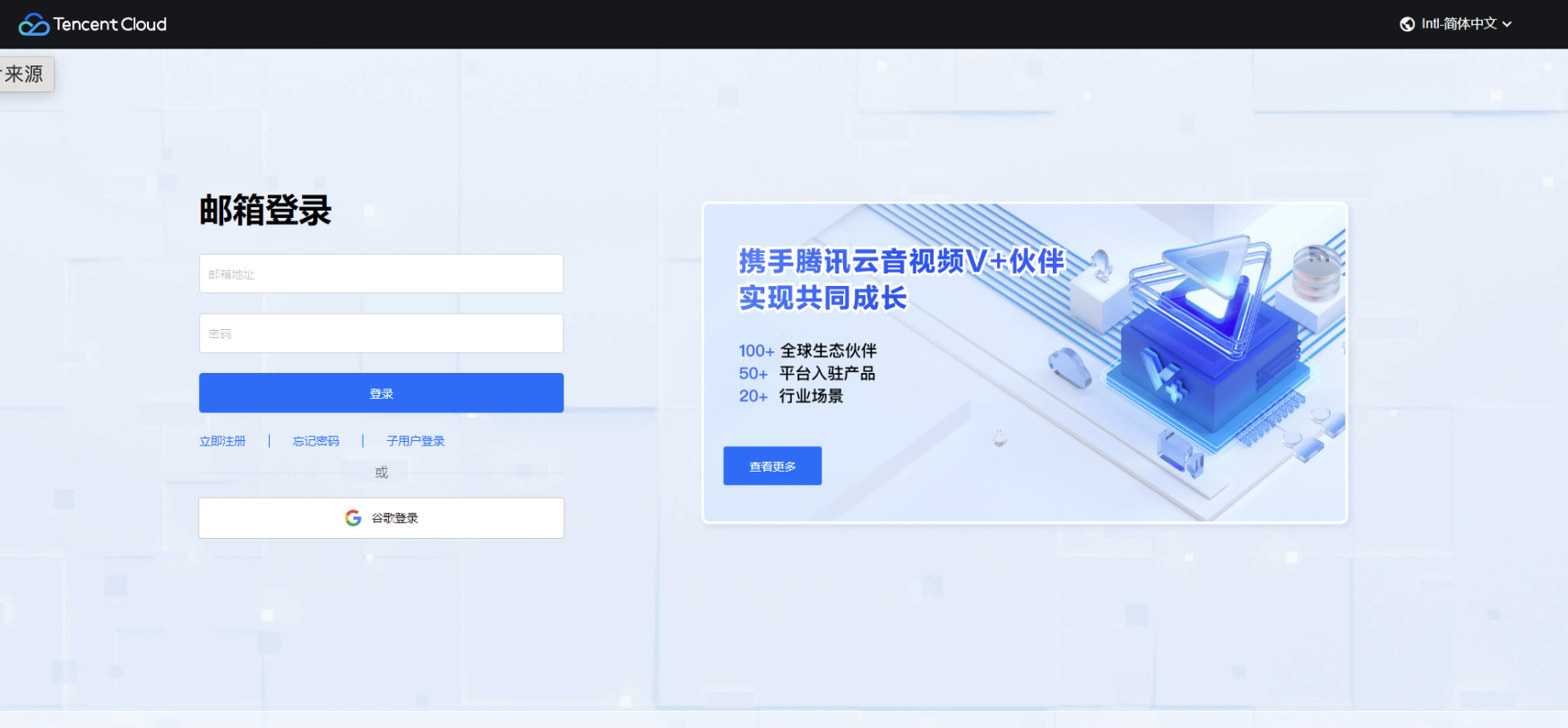The security of cloud computing is a topic of great concern. As more and more enterprises and individuals migrate their data and applications to the cloud, the security challenges in the cloud computing environment are increasingly prominent. Cloud computing provides great convenience and flexibility, but at the same time, it also brings many potential security risks. In order to solve these problems, a series of technical and management measures must be taken to ensure the security of cloud computing.在某种程度上,云服务器VPS的发展已超越了很多的同行业务,但其从未停止脚步一直砥砺前行着。谷咕云计算是阿里云国际、腾讯云国际、华为云国际、亚马逊云(AWS)、谷歌云(GCP)、微软云(Azure)等国际云平台的官方服务商,同时租赁美国、香港、新加坡等地云/独立/站群/高防服务器,提供中国或者全球范围内的国际云平台账户开通、充值和租用服务。可USDT、支付宝支付、可退款。https://www.kaihu123.com/Dedicated/vps/
Security issues of cloud computing
Data leakage
Data storage in cloud computing environment is usually concentrated in third-party data centers, which means that the ownership and control of data may be mastered by cloud service providers. Although most cloud service providers have taken measures such as encryption and isolation, there is still the risk of data leakage. Hacking attacks, improper behavior of internal employees or security vulnerabilities of cloud service providers may all lead to data leakage, thus threatening users’ privacy and security.
identity management
In the cloud computing environment, multiple users and devices can access the same resource, so authentication and access control become particularly important. Lack of strict authentication and rights management may lead to unauthorized users accessing sensitive data or applications. Improper identity and access management may be the root of cloud security vulnerabilities.
Data loss
Because the services provided by cloud computing service providers often rely on remote data centers, any system failure, catastrophic events or operational errors may lead to data loss. Although many cloud service providers provide backup and recovery services, no system can completely avoid the risk of data loss.
Isolation of multi-tenant environment
Cloud computing is usually a multi-tenant environment, which means that multiple customers share the same physical resources. In this case, how to ensure the isolation of data and applications between different tenants is an important issue. If isolation measures are insufficient, “neighbor attacks” (such as data leakage, resource abuse, etc.) may occur.
Compliance problem
With the continuous evolution of data protection regulations, enterprises need to comply with a series of compliance requirements when using cloud computing. For example, the European Union’s GDPR (General Data Protection Regulation) requires enterprises to strictly protect data privacy. The globalization of cloud computing may make enterprises face the challenge of cross-border compliance, especially in data storage location and cross-border data transmission.
cloud computing
Measures to ensure the security of cloud computing
Application of encryption technology
Encryption is one of the effective means to prevent data leakage. Both data in transmission and data in storage should be protected by high-standard encryption technology. Encryption technology can ensure that even if data is stolen, hackers can’t easily interpret and use these data.
Strong authentication and multi-factor authentication
The security of cloud computing is inseparable from strong authentication and access control. In addition to traditional user names and passwords, enterprises should use multi-factor authentication (MFA) to enhance security. For example, double authentication through SMS verification code, fingerprint identification or other biometric features ensures that only authorized users can access cloud resources.
Data backup and disaster recovery
In order to cope with the possible risk of data loss, enterprises must implement regular data backup and disaster recovery plans. Cloud service providers usually provide backup and recovery services, but enterprises should also consider dispersing backup data in multiple geographical locations to avoid data loss caused by a single point of failure.
Virtualization and containerization technology
Virtualization and containerization technologies can provide better resource isolation. In a multi-tenant environment, it is very important to ensure resource isolation between different customers. Through virtualization and containerization technology, the risk of resource sharing can be effectively reduced and data leakage or abuse can be prevented.
Strengthen supply chain safety management
When choosing a cloud service provider, enterprises must conduct a strict security review of the supply chain. This includes understanding the security measures, data processing procedures and compliance certification of cloud service providers. Sign a clear service agreement with the cloud service provider to ensure that the data protection measures it provides meet the security requirements of the enterprise.
Continuous monitoring and safety audit
The security of cloud environment needs constant monitoring and auditing. Enterprises should implement a continuous security monitoring mechanism to track network traffic, data access and system operation in real time, and find and deal with potential security threats in time. At the same time, conduct regular security audits to assess the security status of the cloud environment.
Compliance review and legal protection
Enterprises need to ensure that their cloud computing services meet the requirements of relevant laws and regulations, such as GDPR and HIPAA. Through cooperation with cloud service providers, ensure that data storage, processing and transmission meet the specified security and privacy requirements. In addition, enterprises should formulate and implement a complete set of data protection policies to ensure that all employees understand and follow them.
The security of cloud computing involves many levels, from data protection to identity authentication, from compliance to isolation of multi-tenant environment, and every aspect needs to be highly valued. With the continuous development of technology, cloud service providers and enterprises are constantly strengthening security protection measures to cope with increasingly complex security threats. By adopting measures such as encryption, authentication and disaster recovery, and strengthening supply chain and compliance management, enterprises can better protect the security of data and applications in the cloud computing environment.